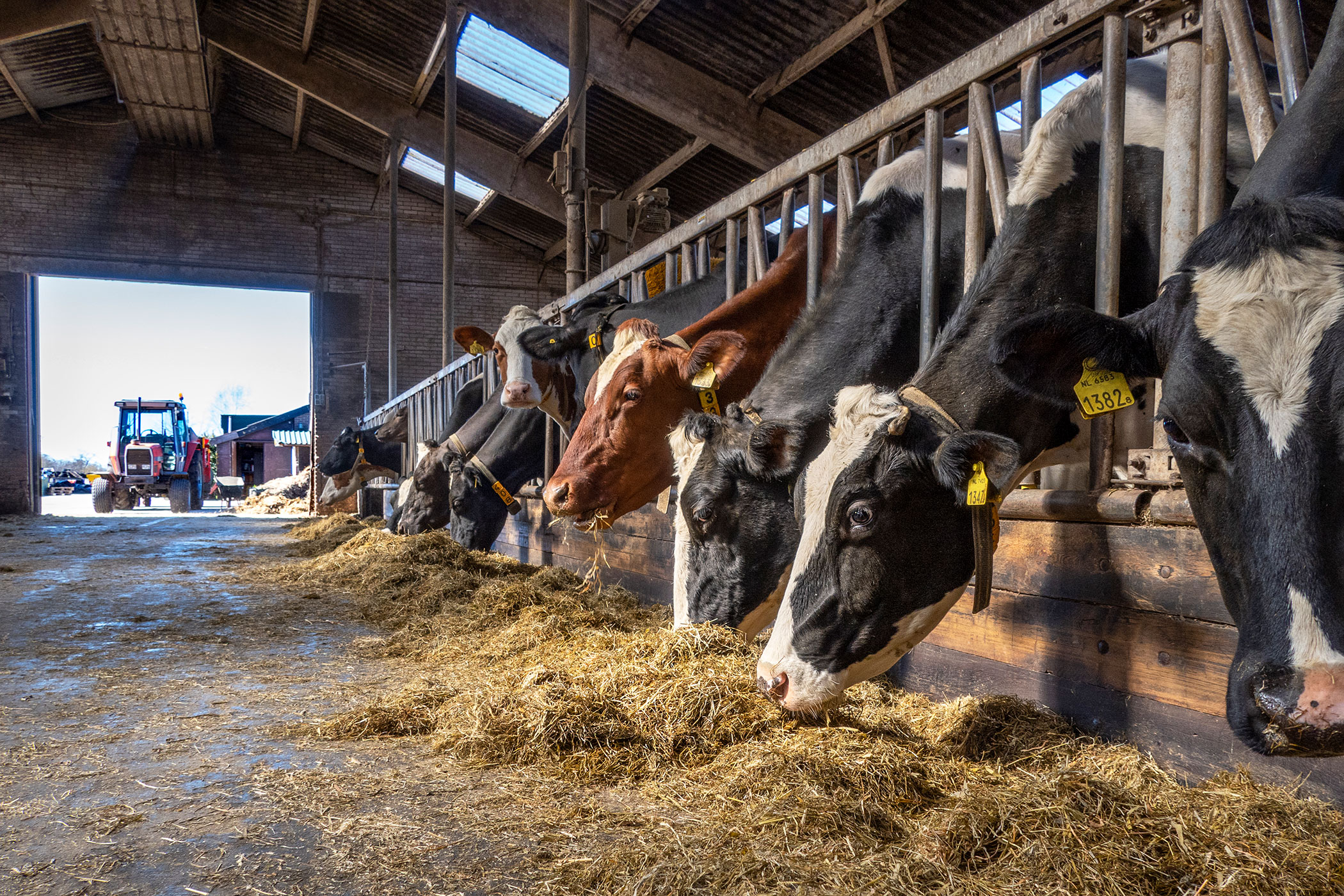The University of Georgia is partnering with the Food and Drug Administration to test U.S. dairy supplies for avian influenza.
UGA is one of five institutions nationwide helping to ensure the safety of dairy products during the Highly Pathogenic Avian Influenza A (H5N1) outbreak to reduce the threat of avian influenza to human and animal health.
The UGA Center for Influenza Disease and Emergence Research, a Center of Excellence in Influenza Research and Response, will lead the university’s efforts. Funded by the National Institute of Allergy and Infectious Diseases (CEIRR No. 202175N93021C00018), the center is one of only six such institutions focusing on the history, transmission and progression of influenza nationwide.

“This virus and its spread are concerning,” said S. Mark Tompkins, director and principal investigator of the UGA center. “I worry about the changing ecology of this virus, the sustained spread of H5N1 across dairy farms, and our ability to take the steps to address it.”
Avian influenza virus detected in U.S. dairy supply
Commonly known as bird flu, H5N1 is found in wild aquatic birds across the globe and can cause outbreaks and disease in poultry. In recent years, the virus has evolved to infect more than 100 mammalian species, including bears, foxes and even a dolphin.
It can also infect people. While extremely rare, avian influenza can spread from person to person.
H5N1 was detected in U.S. dairy cattle for the first time this year, prompting concerns about the safety of the country’s dairy supply.
We have the potential of people becoming infected through consumption of unpasteurized milk, cheese or other dairy products.” — S. Mark Tompkins, College of Veterinary Medicine
While the virus has been detected in raw milk from infected cows, pasteurization appears to kill H5N1, which makes it unlikely to infect people through consumption. Raw dairy products, however, are another story.
“The concern is that there is a substantial population that prefers unpasteurized dairy products,” said Tompkins, who also serves as a professor of virology and immunology in UGA’s College of Veterinary Medicine. “The risk of falling ill from salmonella or listeria contamination of raw dairy products has been recognized for many years.
“Now, with the possibility of contamination of the milk supply with H5N1 influenza virus, we have the potential of people becoming infected through consumption of unpasteurized milk, cheese or other dairy products. Those infections provide an opportunity for the virus to gain a foothold and spread in humans.”


